- Optimistic Anthropology
- Posts
- The Optimistic Anthropologist Vol 11.
The Optimistic Anthropologist Vol 11.
Hope from Berlin, #GoodReads& #GoodListens, & 35+ New Opportunities!
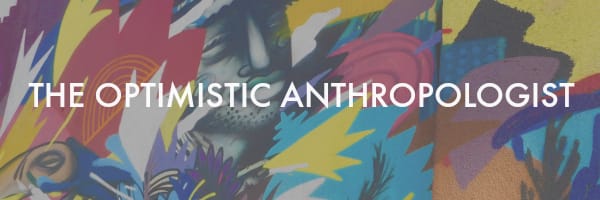
August 2018, Volume 11View this email in your browser
Dear ,
This summer, I had the chance to work from Berlin for a month. Each morning, I would have the chance to get to know the city, venturing out for a walk in a
, a visit to a
,
, or meeting up with generous locals who were willing to connect and share their city. And then in the late afternoon,
.
On my last days in Berlin, I was struck by how sad I was to leave. And since returning to the U.S., I have been trying to figure out why my connection to Berlin feels different than my connection to the other places I've visited. It spurred some thinking about place, history, cultural identity, and social change that I'll attempt to share.
I am Jewish. And Berlin's Jewish history is lengthy and rich. My great-grandmother, Johanna Salinger, immigrated on her own to the United States from Berlin at the very beginning of the 20th century. At that time, Berlin was home to ~170,000 Jewish people, and as I discovered by chance one day, the neighborhood I lived in this summer,
, was the center of the city’s Jewish intellectual and professional communities. In the 1920s, it was home to
,
,
, though
by 1945 they and the neighborhood's 17,000 other Jewish residents were gone, 6,000 of them exterminated by the Nazis.
I did not know my great-grandmother and as far as I know my family members did not live in Schöneberg or perish in the Holocaust. Yet, in Berlin I was deeply aware of my connection to her and this community, and felt a sense of loss and pain about things that I did not personally experience, but people of my community did.
I share this with you because I know that in the United States (and elsewhere) we try to gloss over or ignore our dark history. Even in the work of progressive social change, we all-too-often underestimate, ignore or discount the loss and pain which individuals and communities carry within them because of history - recent or long past.
Yet in Berlin, more than any other place I have traveled, there are signifiers all around that encourage remembering of history and hold space for this pain and loss. And it is not just one site, it is
, at
just blocks from the country's parliament, in the
of and
some of its museums,
and on the sides of shops,
.
I recognize that Berlin and Germany have not figured it all out. Anti-Semitism, Islamophobia, and racism all exist in Germany today. But, Berlin is a city that gives me some hope that there are ways to honestly acknowledge historical sins, to find creative and meaningful ways to encourage collective remembering, to create space to feel and maybe even heal pain, and open up the space for liberation. And that gives me hope.
Be well and do good,Alison
P.S. Do you have a practice or have you experienced other examples of acknowledging individual and community history and pain as part of the work of social change (or otherwise)?
.
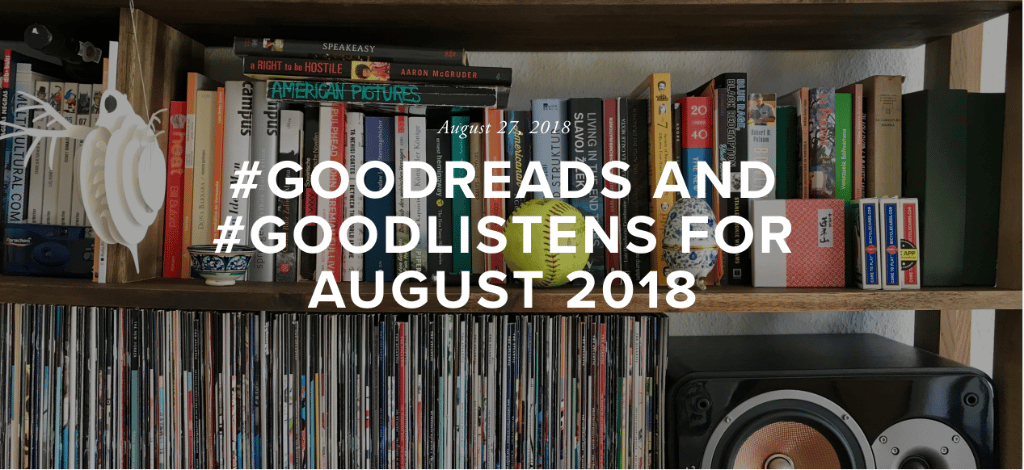
This month's
include explorations of equity and inclusion in the U.S. AND in Germany, a photography exhibit that recasts the global history of black resistance, a podcast episode about constructive rebellion, a really good piece on sabbaticals (which I've found are rare), and much more!
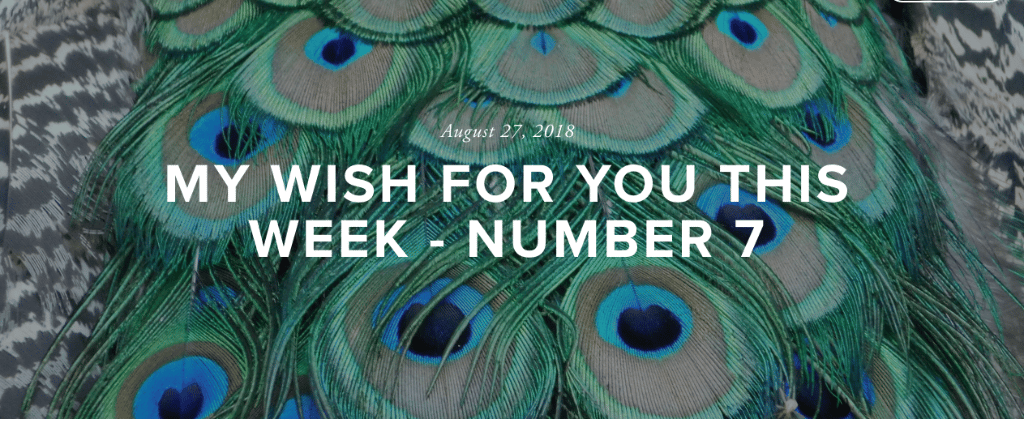
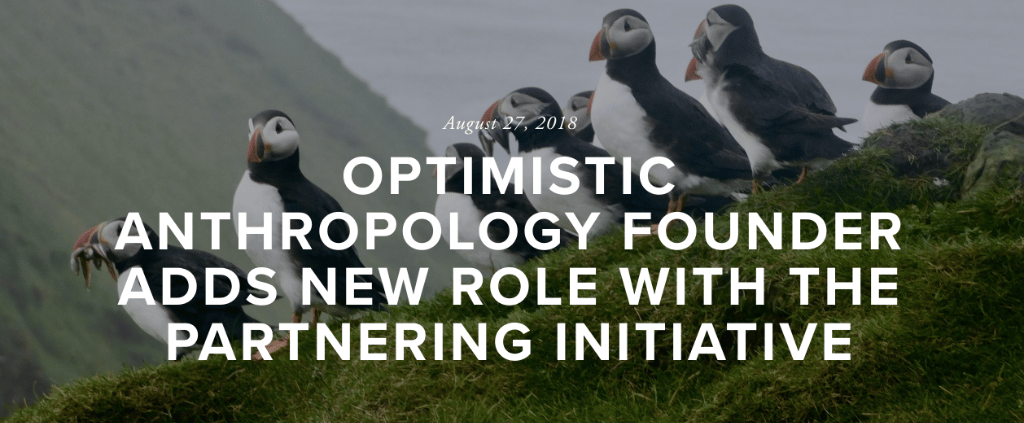
Job, Consulting, and Fellowship Opportunities
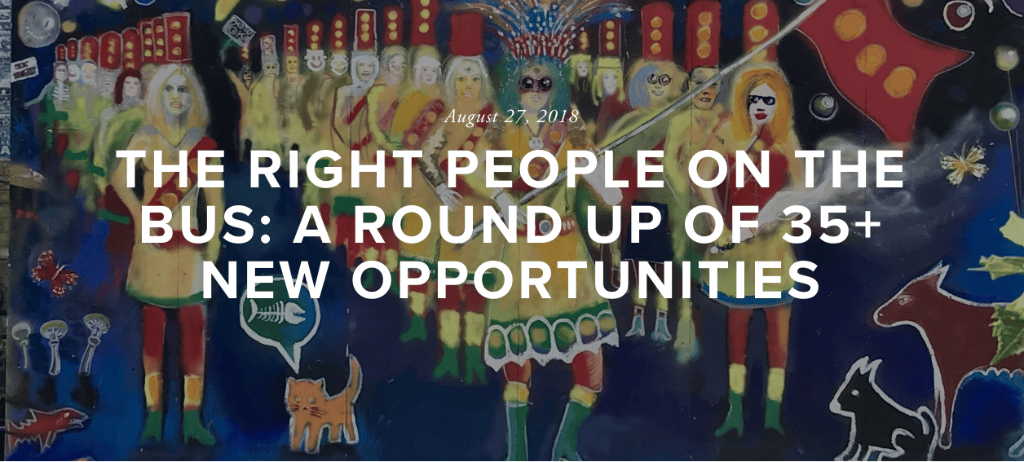
We love connecting people to each other and to great opportunities. This month the Optimistic Anthropology network shared more than 35 job and fellowship opportunities that they are recruiting for.
Our Most Popular Blog Posts Last Month...
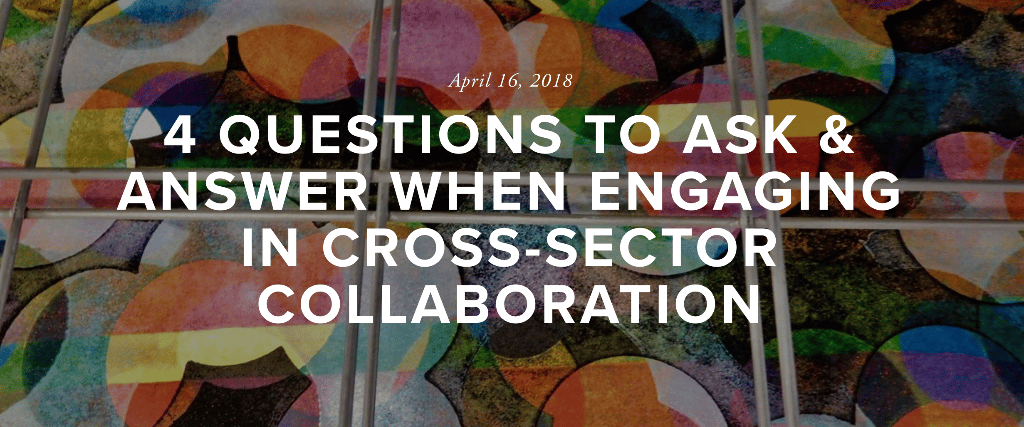
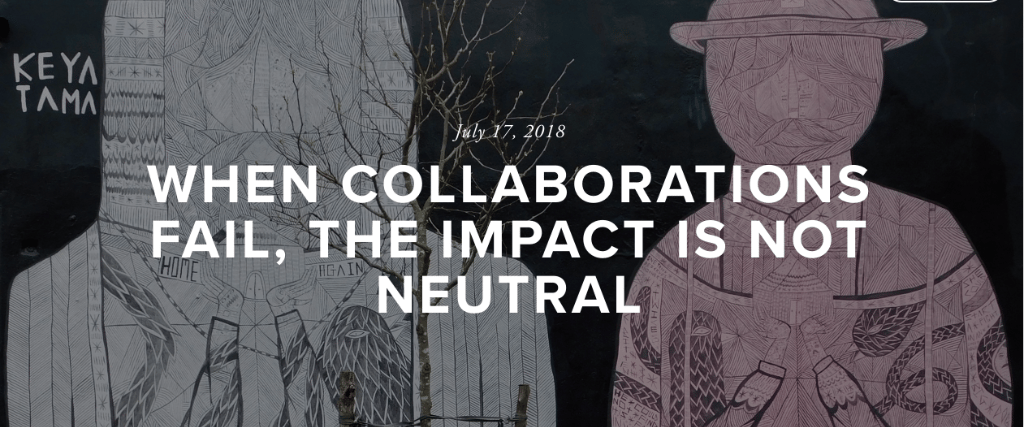
Reply